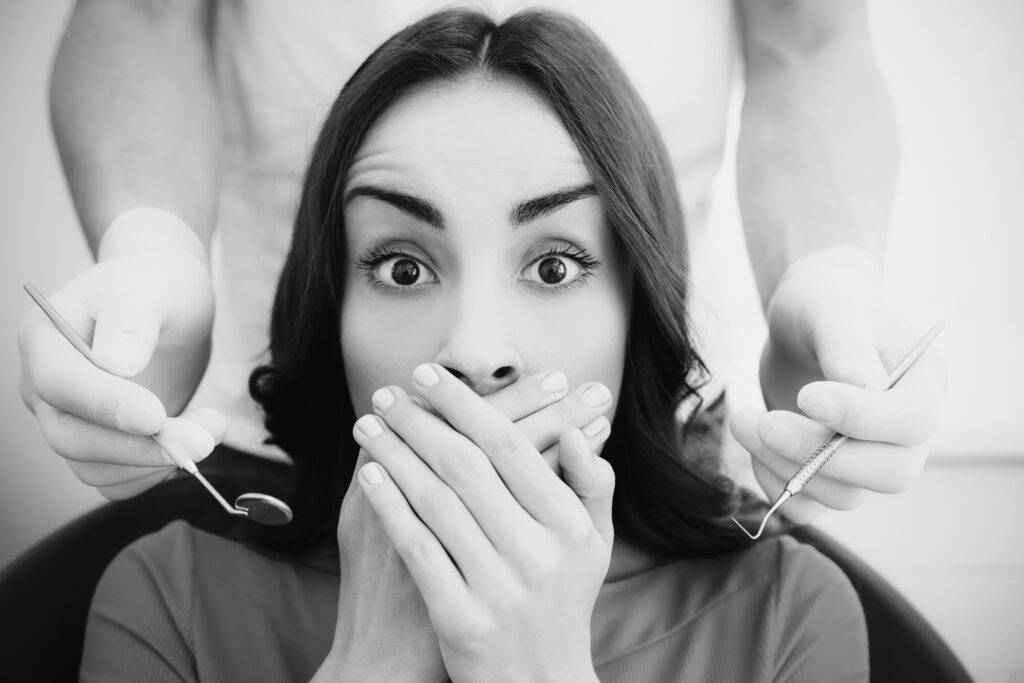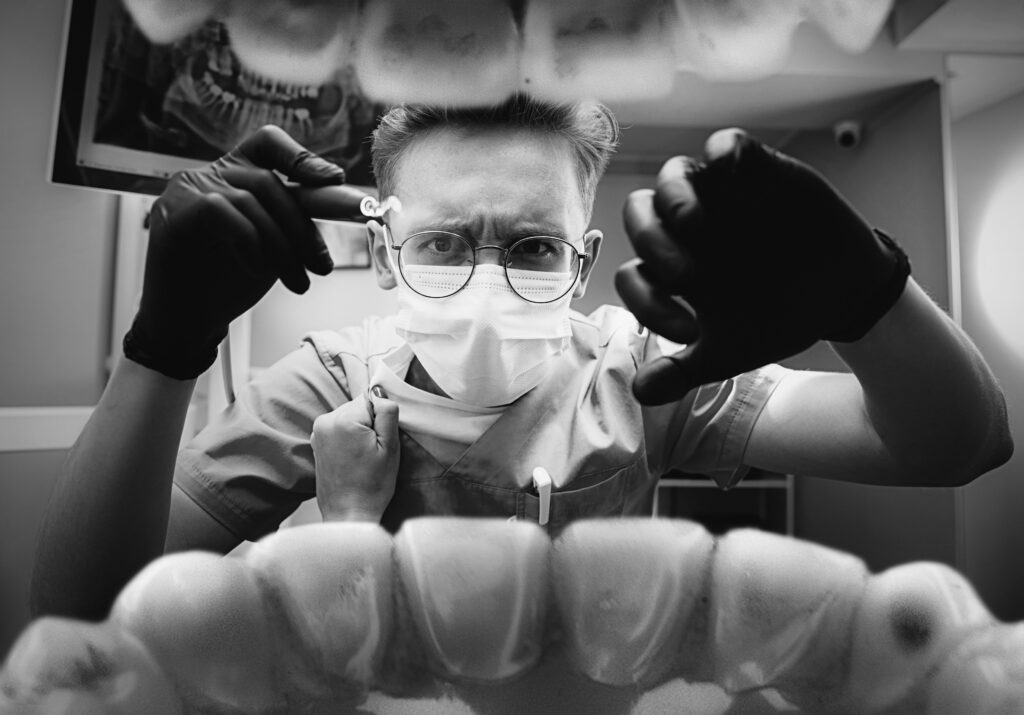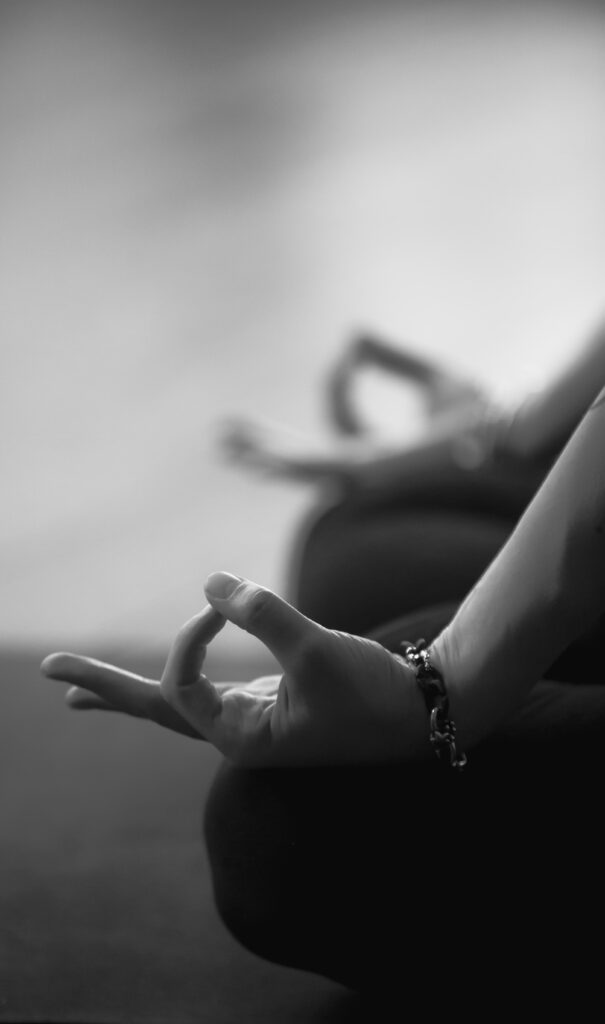DENTOPHOBIA
Dentophobia is an uncontrollable panic fear of the dentist. Normally, patients are simply anxious about having dental procedures, but with dentophobia even the thought of dental treatment provokes severe dread and consternation.
The results of a sociological survey show that more than 30% of the world’s population is afraid of dentists. 5% of them experience panic fear at the mere thought of dental treatment.
Many people are afraid to go to the dentist because of the stress involved. But normal anxiety before a visit to the dentist and dentophobia are completely different things. Dentophobia is an utmost fear that mismatches the situation. Individuals with dentophobia avoid going to the dentist even when they are in pain, this condition is so serious that it can lead to very poor dental health.
Contact us
Symptoms of pathologic fear of dentist
Dentophobia can be accompanied by the following symptoms:
- panic
- rapid heartbeat
- shortness of breath
- headache
- increased sweating
- dizziness
- aggressiveness
- loss of consciousness

Types of Dentophobia
You may find a division into congenital and acquired fear of dentists.
It is difficult to talk about congenital dentophobia, because an infant is not born with the understanding that a dentist is scary. Though, hypersensitivity to stress and a low pain threshold can provoke an over-emotional reaction.
Acquired fear of the dentist is the most common form. As a rule, an overreaction to the dentist and the perspective of dental treatment is the result of a previous negative experience. Our mind is designed to shield people from life-threatening or simply unpleasant experiences.
Possible causes of Dentophobia

- Past negative experiences. Negative traumatic experiences related to visiting the dentist may develop dentophobia. For example, painful dental procedures, or procedures performed without your consent at childhood.
- Hereditary predisposition. If in your family there are relatives with phobic disorders and excessive anxiety, you may be at a risk group.
- Loss of control. When the dentist performs manipulation in our mouths, we neither can control his actions, nor we can see what he is doing, and this may cause additional anxiety.
- Feelings of embarrassment. Some people feel embarrassed by the sight of their teeth, as well as the smell of their breath, and they can’t bear the thought of a doctor looking at their mouth closely.
How to overcome fear of dental treatment

Modern dentistry is nothing like it used to be in the past. Modern anesthetics and quality materials make the entire treatment process painless and as comfortable as possible for the patient. Psychologists and dentists recommend the following:
- Try to put the negative thoughts out of your head and think of the good things, like how beautiful your smile will be after treatment.
- It is better to come to the appointment with a loved one who can support you.
- Think of the consequences of not going to the dentist systematically. Consider the consequences of procrastination: worse health, worse appearance, or major financial costs later on;
- It is better to share your fears with the doctor, a qualified dentist will explain in detail how the treatment will go, and relieve the stress associated with uncertainty.
- Realize that it won’t hurt. Discuss this with the doctor before the procedure, and he will immediately apply anesthetic gel or spray and only then administer the anesthesia.
One of the most effective things you can do to help calm yourself before a doctor’s appointment is to practice breathing. Our breathing speeds up when we are excited and becomes smooth when we are relaxed and calm. The opposite effect also works: try breathing rhythmically and deeply, and you will feel your nervous system calm down. The most popular techniques are abdominal breathing, counting, and heart rate.
The most effective and deep work on the phobia is, of course, a specialized psychotherapy.

